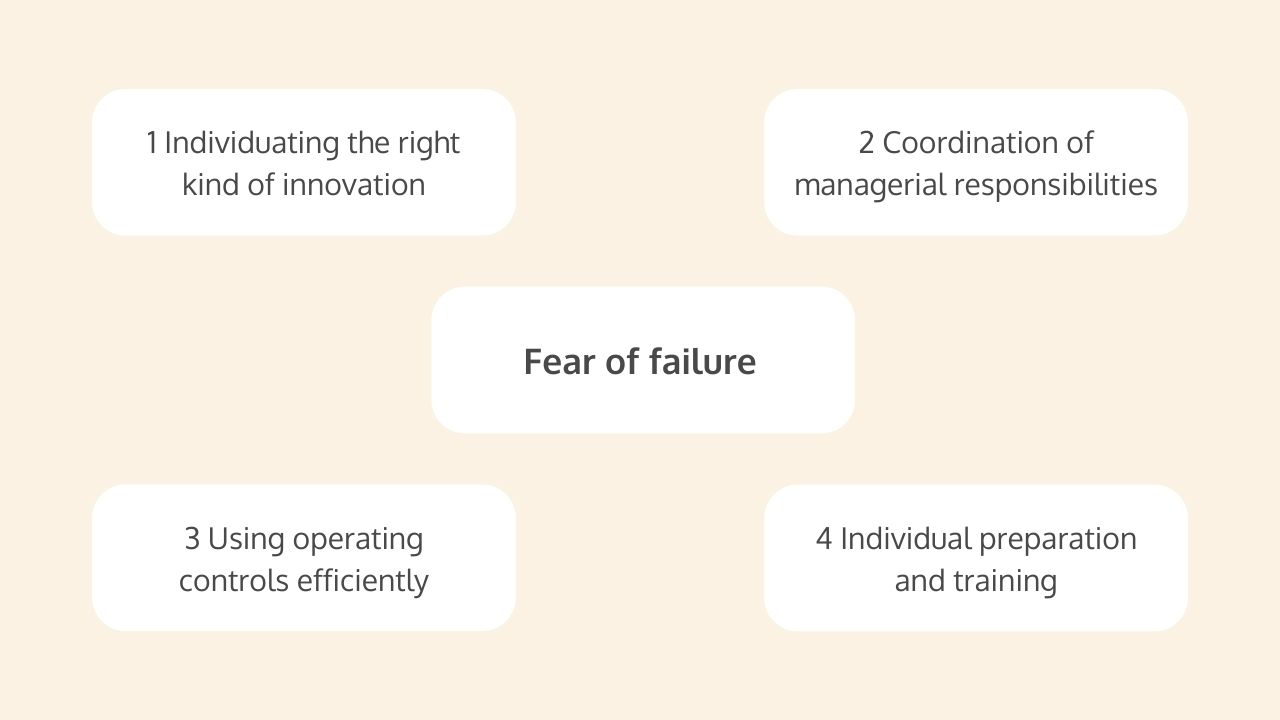Corporate innovation is gaining increasing recognition in today’s business world. Many companies are beginning to understand the importance of embracing innovation. However, this often results in superficial efforts rather than meaningful engagement with new talents, products, services, and experimental ideas.
Corporate innovation refers to deliberately promoting original and out-of-the-box thinking within the company environment. To achieve this, many firms set up offices in co-working or other shared spaces to get to know startups and identify future markets for potential collaborations.

Source: Peshkova | Getty Images
Companies constantly develop new products, or variations of existing ones, to sell to the market. However, large and well-established businesses are especially prone to resisting change and becoming entrenched in their ways of doing things. They prefer to expand their current offering rather than reinvent it. This is understandable since innovative activities are characterised by a high risk of failure, and a high degree of unpredictability as well as uncertainty. Thus, innovation necessitates a great level of failure tolerance.
Just because businesses fail to innovate, it does not mean their employees are not creative. Indeed, corporate talent can be a valuable resource for a company’s future goals. The difficult part is that in a working environment, ideas that differ from the company’s established business model may run into roadblocks, either because they don’t fit into the time frame of quarterly targets, they are too risky, or there is no allocated staff or budget to nurture them.
Here is where startups come into play. With their new and different perspectives, they find opportunities to flip over entire industries with innovative business models and technologies. Corporate innovation is an attempt to identify those opportunities first: if your company does not adapt to changing conditions, someone else will gladly take its place in the market.
The question is, how do you translate this idea into a reality in today’s businesses? Corporate innovation strategies are challenging to develop and might be even more challenging to maintain within firms. We individuated four main implementation problems:
Senior management often lacks an understanding of the exact innovation that the organisation is looking for. Senior-level managers occasionally believe that everyone knows what is meant by corporate innovation without fully understanding all of its facets. When organisations don’t explicitly state the desired innovation, unclear actions at every level of the company follow.
Two main aspects that will help this assessment are an understanding of the precise form of innovation and the strategic focus the business is pursuing.
Corporate innovation must be deeply ingrained in the company’s culture and coordinated at every single management level. Senior managers are becoming more aware of the necessity to address the imperatives generated by their competitive environments. The strategy can be initiated by top management, but they cannot impose it. Innovative conduct won’t ever become a distinguishing trait of the company without consistent commitment from all levels.

Corporate innovation and operating control may appear to be mutually exclusive on the surface. While operations control aims to direct and frequently constrain actions, corporate innovation aims to move the company in new directions. However, the issue relies on how operating controls are implemented within firms, having a big impact on how successful creative actions and initiatives will be.
Therefore, what is required to effectively support a corporate innovation strategy is not the absence of operating control procedures, but rather its alignment with the strategy itself.
Executive managers must educate their staff members on the innovation process. Senior management should evaluate if the work environment fosters innovative activities or the opposite. The aim of pursuing a corporate innovation journey must be made clear to individuals who are expected to exhibit entrepreneurial behaviour by key decision-makers. Research has shown that CEOs must create a program to educate all those who will be impacted on the importance of the entrepreneurial behaviour expected from them.
Startup scouting platforms are today more than ever a big part of a company’s innovation process. They assist in developing new products and services quickly. It’s an efficient way to find startups that can help companies achieve their goals, providing effective stimuli to accelerate the whole operation. Corporate business models benefit from startup scouting and collaborative methods.
Having an efficient platform able to individuate the best matches facilitates entrepreneurs’ jobs and the related challenges, saving their time and at a fraction of the cost required by traditional R&D activities.
So, why is corporate innovation important? According to Deloitte, 2/3 of companies innovate in order to differentiate themselves from the competition or to grow, while half of them innovate to satisfy customers’ needs.
You got the answer. Customers’ needs are constantly evolving, meaning that innovation is needed just to survive!
What is your opinion on the topic? Let us know what you think on LinkedIn!
Want to know more about Novable and our services? Book a call with us!